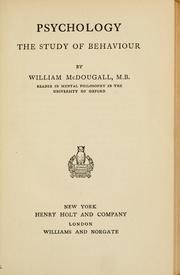
Photo from academic.microsoft.com
Habituation is defined as a decline in responding to a repeated stimulus. After more than 80 years of research, there is an enduring consensus among researchers on the existence of… Click to show full abstract
Habituation is defined as a decline in responding to a repeated stimulus. After more than 80 years of research, there is an enduring consensus among researchers on the existence of 9–10 behavioral regularities or parameters of habituation. There is no similar agreement, however, on the best approach to explain these facts. In this paper, we demonstrate that the Sometimes Opponent Processes (SOP) model of stimulus processing accurately describes all of these regularities. This model was proposed by Allan Wagner as a quantitative elaboration of priming theory, which states that the processing of a stimulus, and therefore its capacity to provoke its response, depends inversely on the degree to which the stimulus is pre-represented in short-term memory. Using computer simulations, we show that all the facts involving within-session effects or short-term habituation might be the result of priming from recent presentations of the stimulus (self-generated priming). The characteristics involving between-sessions effects or long-term habituation would result from the retrieval of the representation of the stimulus from memory by the associated context (associatively generated priming).
Journal Title: Frontiers in Psychology
Year Published: 2019
Link to full text (if available)
Share on Social Media: Sign Up to like & get
recommendations!